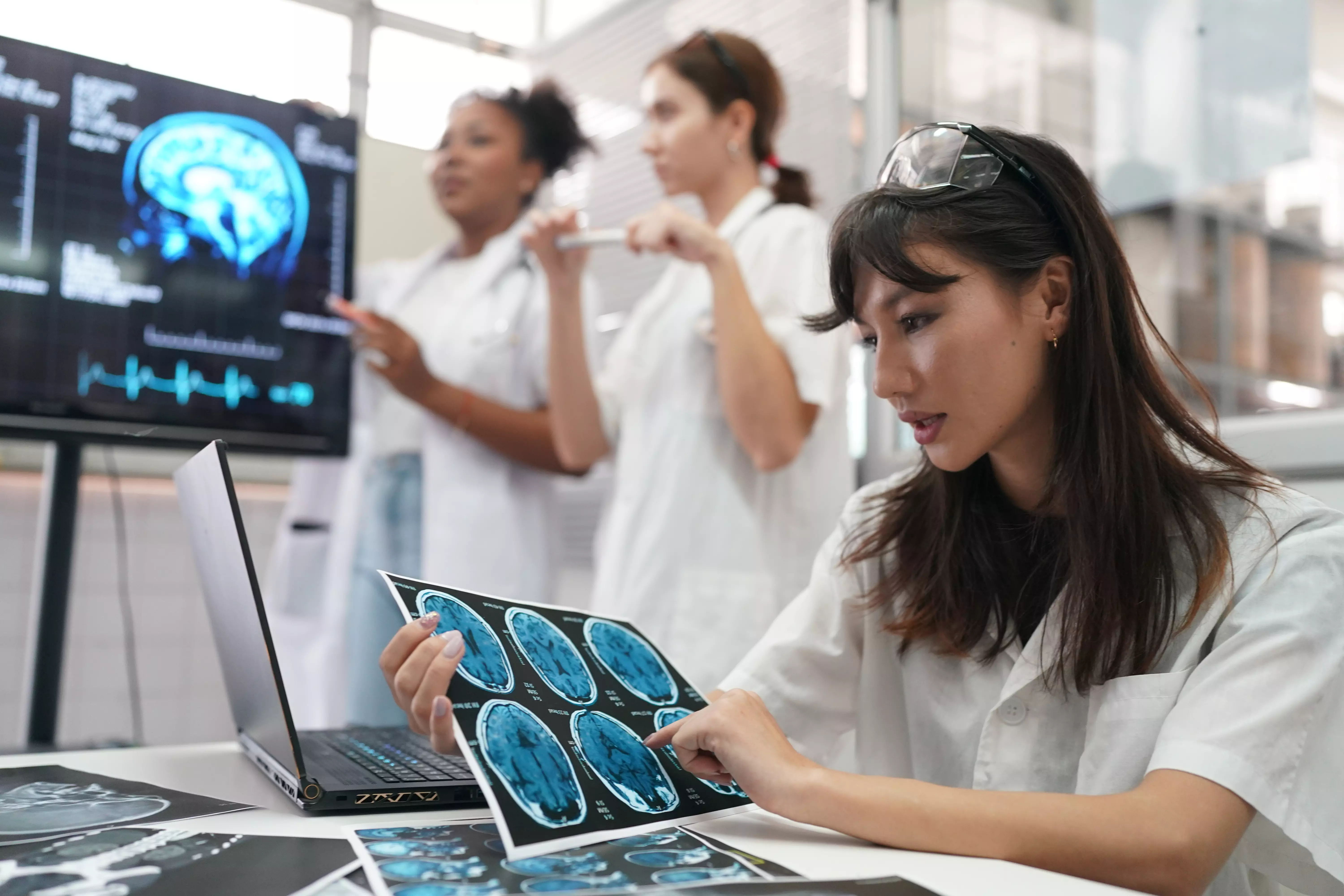 flanc.la
flanc.laInnovations and Trends That Could Change the Future of Neurosurgery
Neurosurgery has always been a field constantly seeking innovation. Over the past decades, we have witnessed many breakthroughs that have greatly improved our ability to treat various brain disorders. Here are some innovations and trends that have the potential to change the future of neurosurgery.
1. Artificial Intelligence
Artificial intelligence (AI) is becoming increasingly important in medicine, and neurosurgery is no exception. AI has the potential to change many aspects of neurosurgical practice, from improving diagnostic accuracy, to predicting treatment outcomes, to helping plan and perform complex surgeries.
2. Neuroimplants
Neuroimplants, such as the brain stimulators used to treat Parkinson's, have already become an essential part of neurosurgery. Technological advances in this field are rapid, and future neuroimplants may have even broader applications, allowing better control of neurodegenerative diseases, psychiatric disorders or even cognitive enhancement.

3. Molecular Biology and Genetics
Our understanding of the molecular biology and genetics of brain diseases is growing deeper, opening up new opportunities for neurosurgery. Gene therapies that focus on modifying patients' genes at the molecular level have the potential to change the treatment of many neurological diseases.
4. Nanotechnology
Nanotechnology is another area that has great potential for neurosurgery. Nanoparticles can be used to deliver drugs directly to the brain, which could revolutionize the treatment of certain diseases, such as brain tumors.
Summary
Innovations and trends in areas such as artificial intelligence, neuroimplants, molecular biology and genetics, and nanotechnology have the potential to radically change the future of neurosurgery. These cutting-edge research areas could yield new and effective diagnostic and treatment methods that could significantly improve the quality of life for patients with brain diseases. In the disruptive world of neurosurgery, such a future seems increasingly real.
!